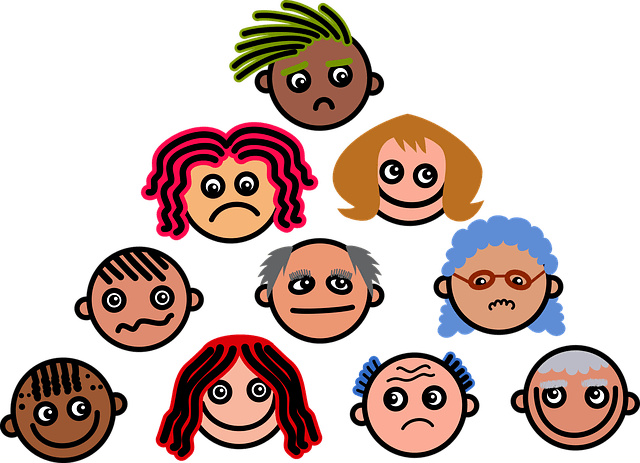Intergenerational care for older adults had always been second nature to me. Despite my grandparents living an ocean’s length away in the Philippines, I found myself spending time with older residents at my mom’s workplace. I’d beeline straight to her office after school and spend time chatting with staff and residents alike. I’d later find myself in the middle of college applications and stumbled upon a gerontology program just down the street. Since then, I have not looked back.
My name is Lois Angelo. I’m an undergraduate at the Leonard Davis School at the University of Southern California majoring in Human Development and Aging. At USC, my involvements are mainly with the gerontology school’s research labs, student organizations, and communications efforts.
I learned about Age Equity Alliance and support its mission as an advocate for intergenerational discussion. With the pandemic in full swing, the challenges that older adults faced such as social isolation and ageist attitudes began to grow higher and higher. Research from the Center for Cognitive and Social Neuroscience at the University of Chicago points to poorer cognitive function among older adults experiencing social isolation or loneliness. The workplace quickly found itself having to adapt to such changes. Unfortunately, this resulted in a growing age-related disparity targeted primarily against older adults. Sadly, the media and other pieces of social consumables have fueled the flames of intergenerational warfare, pitting cohorts against each other for brand revenue and attention.
Stereotypes of older adults failing to understand technology are another clear example of ageism that hinders them from thriving and succeeding. We rarely see images of older people surfing the web or scrolling through social media. Those patterns translate into misconstrued stereotypes illustrating older adults as incapable or even apprehensive towards technology altogether.
The pandemic in lieu of the digital age, however, has not been all doom and gloom. It’s easier to facilitate open conversations that may have not been accessible at first in person. Moreover, intergenerational discussions and cooperation serve to bring people together after being apart for so long. The present mistakes encourage us to reflect back on the past and what we can do.
Success in the workplace means adaptability to new environments and technology. This is a stark and new outlook compared to the workplaces which valued experience and wisdom above all. This shift does not mean that older adults should be left out of the picture. Clearly, an intergenerational workplace model helps to reconcile and recognize past mistakes while planning for a stronger, more inclusive future.


Leave a Reply